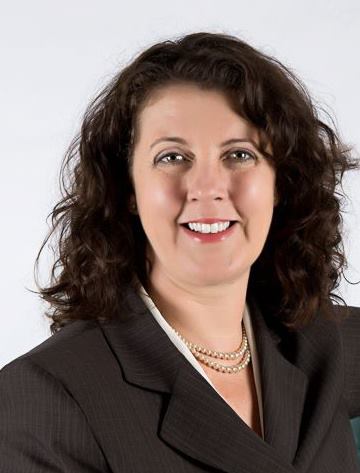- Home
- About Us
- The Team / Contact Us
- Books and Resources
- Privacy Policy
- Nonprofit Employer of Choice Award


If you take a moment to close your eyes and imagine your ideal major donor what do you see? Do see a man in a suit sitting at a desk? Or, do you envision the woman who volunteers at your charity once a week doing whatever needs to be done?
Women have been at the core of this sector since the beginning of charitable work. With a few exceptions, women are predominantly the ones who identify the need in the community, design and deliver the charitable program to fill the need and provide the majority of volunteer and staff time. Yet, we rarely think about gender differences when planning our fundraising programs.
Women and money
TD Waterhouse has conducted the first in-depth review of the presence and influence of female philanthropists in Canada. Not only are Canadian women wealthier than they ever have been, they are also more likely to donate to charity and when they do donate, their average gift is higher.
According to TD Waterhouse, Canadian women control approximately one third of the household wealth in Canada. This represents approximately $1.1 trillion in financial assets. By 2020, this figure is expected to reach $3 trillion.
So what do women want?
That is one tough question! Especially when it comes to how women like to interact with their favourite charity. In focus groups across the country there wasn’t any one single motivating factor that inspired women to get involved and donate to one charity over another. As one participant stated:
“Philanthropy is a thing of the heart. It is not just money.”
However there were several themes that kept surfacing in discussions. These themes are worthy of mention:
Avoid under-thanking and over-asking
Stewardship seems to be of prevailing importance:
“In all discussion groups, women mentioned the importance of expressing personal thanks to donors, irrespective of the amount of the gift. Charities that merely sent a tax receipt were criticized, as were charities that immediately sent a request for an additional donation before the initial gift had even been put to use. The message was clear: Charities need to avoid under-thanking and over-asking.”
As I see it, these findings point to good old fashioned relationship fundraising. I would like to see more research conducted where male donors are asked the same questions and provided the same opportunities to participate in focus groups. If this happened, I wonder if the results would point to gender difference. Or, would we conclude that major gift donors, regardless of gender, require a one-on-one tailored approach to developing a relationship with your charity.
Having said that, this study does raise an important point. As our population ages, women are becoming wealthier and are more likely to give to charity. It is important to be mindful of this as we develop our outreach and prospect pipeline. Don’t assume that your major gift prospects are in the financial district of major cities. They may be in your office right now, helping to answer the phones.
You can read the entire whitepaper on Canadian women in philanthropy from TD Waterhouse here.
Kimberley MacKenzie is deeply passionate about building the capacity of the charitable sector. As Editor of Hilborn, Charity eNEWS she is always sourcing out excellent content to share. Kimberley also works with a variety of organizations to advance a culture of philanthropy among staff and senior volunteers, and ultimately raise more money for their missions and serves as a member of the Relationship Fundraising Advisory council for the Rogare Think Tank. Contact her via@kimberleycanada, email her, or visit www.kimberleymackenzie.ca.